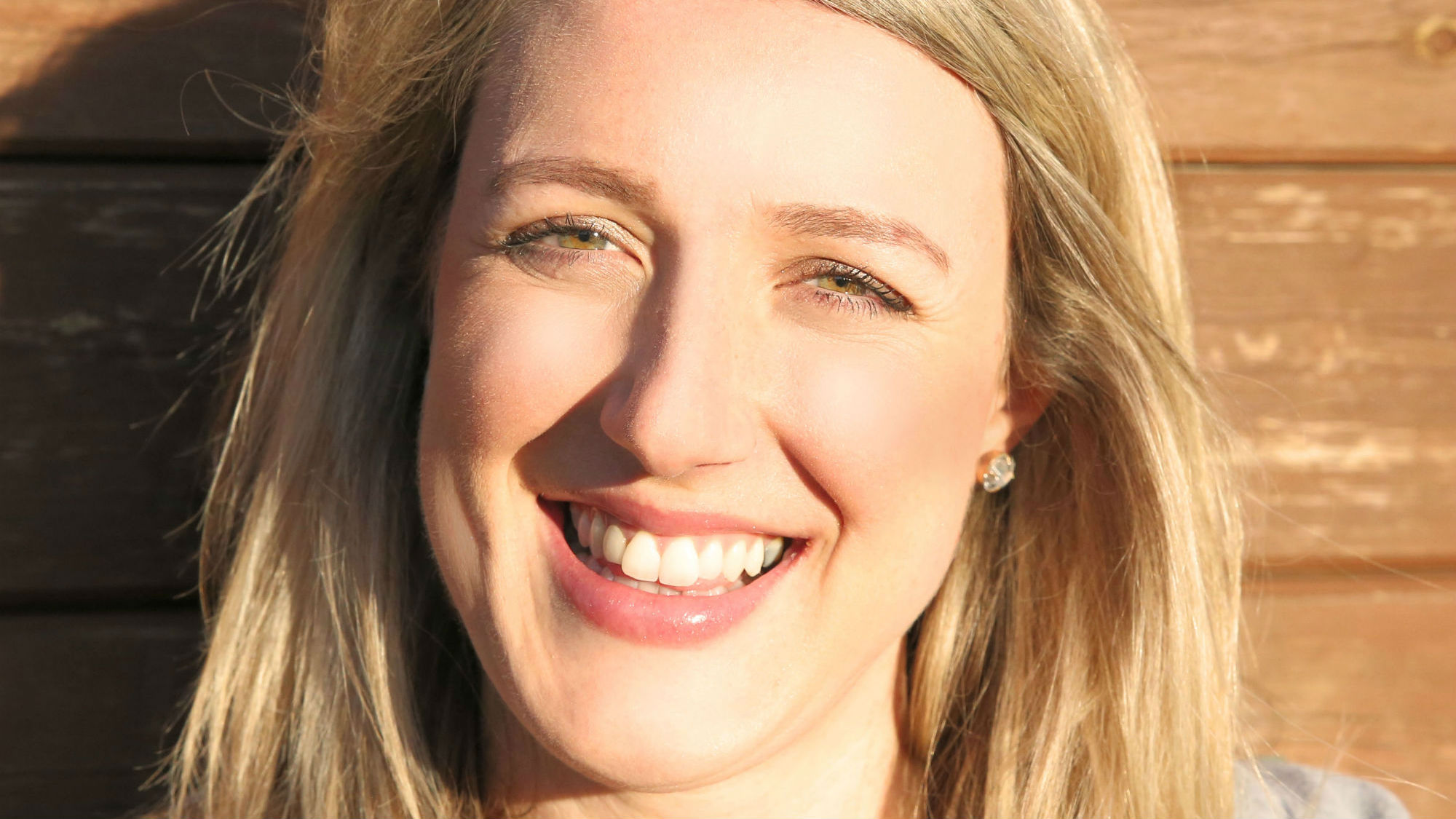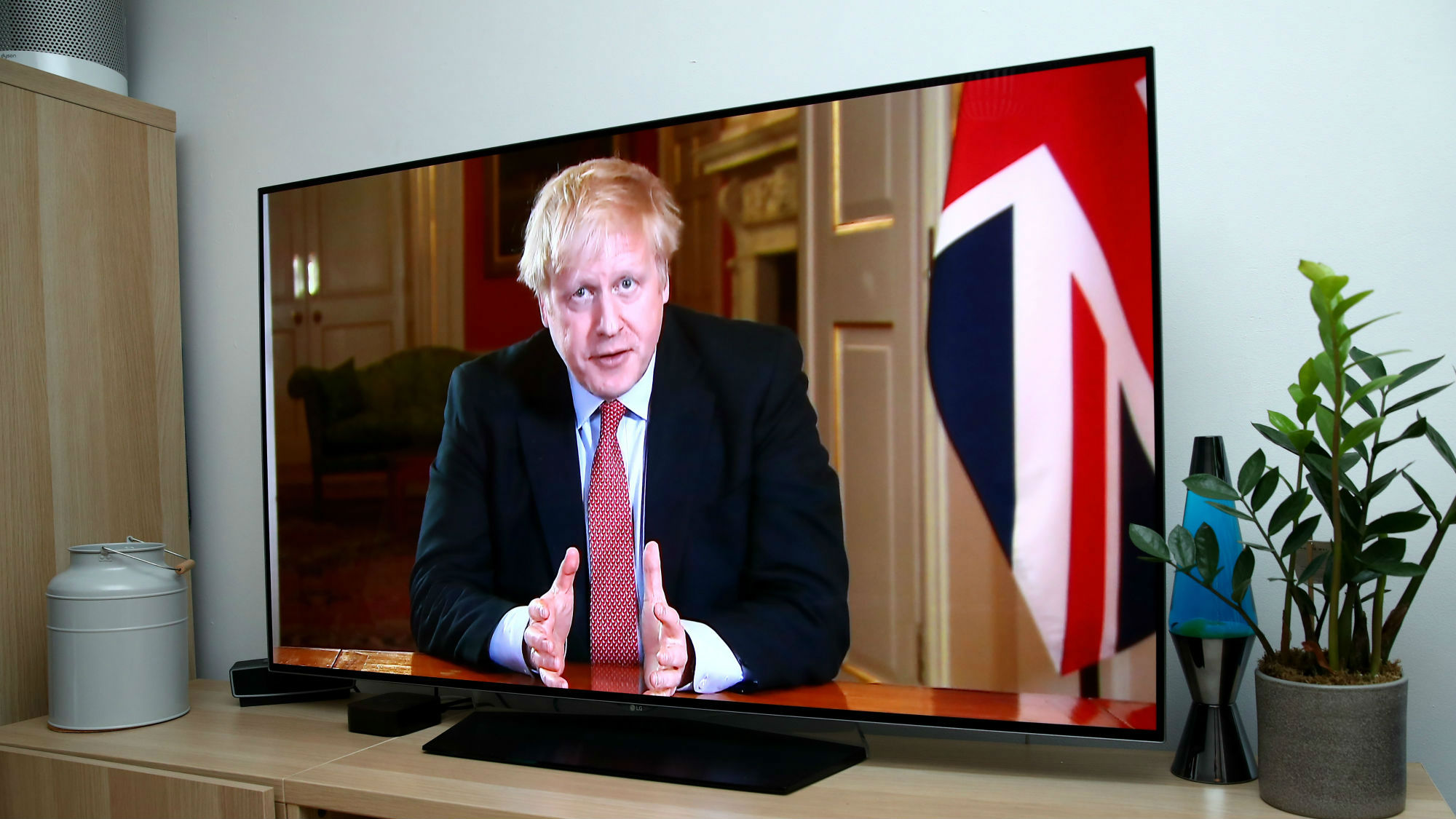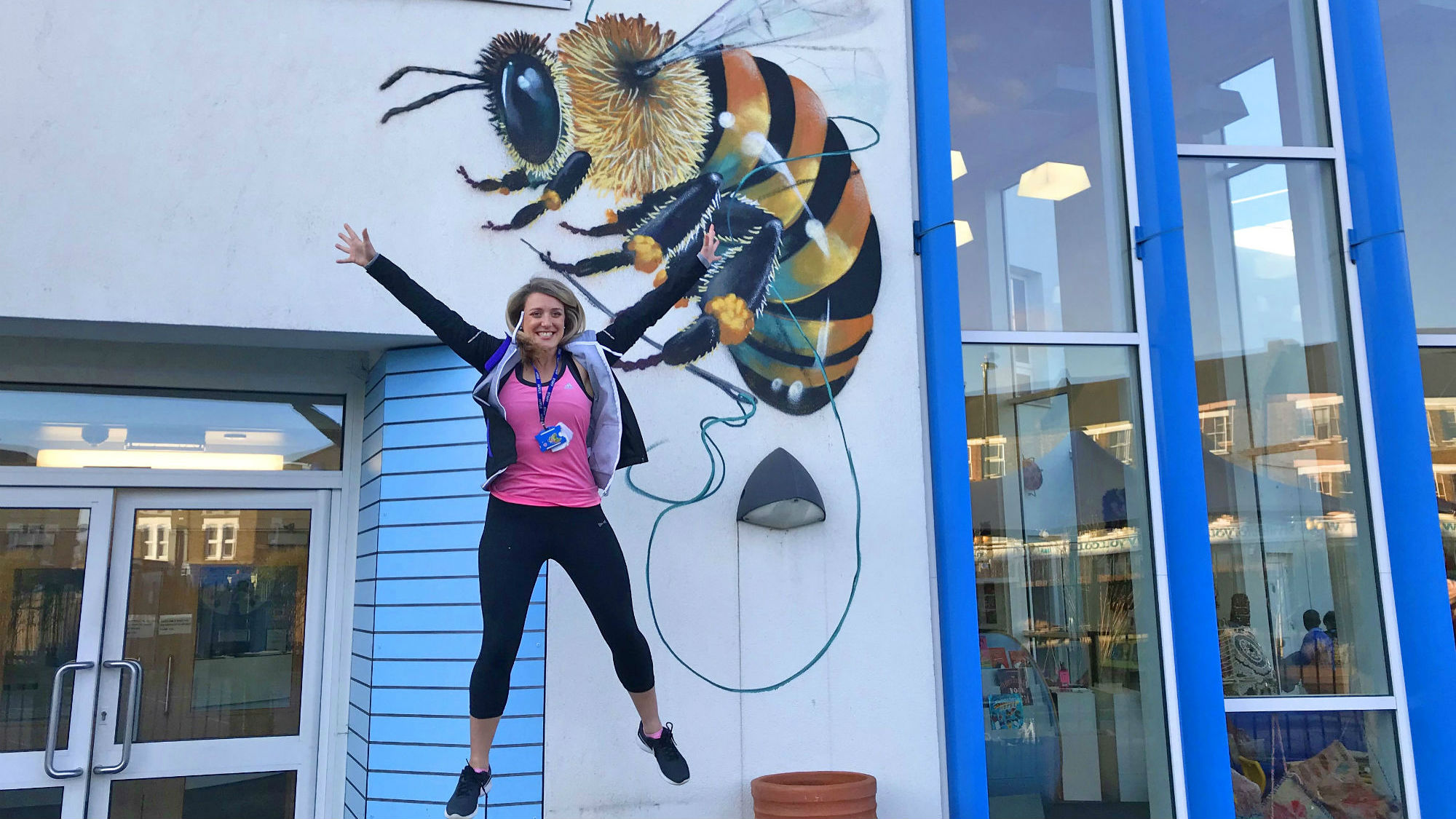A teacher on the frontline: 'wellbeing - not education - will be our focus post pandemic'
Katie Weighell is a teacher at a primary school in south London. Here she describes her new normal, her worries for vulnerable children and how government cuts are affecting these critical safe spaces

Katie Weighell is a teacher at a primary school in south London. Here she describes her new normal, her worries for vulnerable children and how government cuts are affecting these critical safe spaces
‘Get back!’ I call to an eight-year-old child who is getting within two metres of a fellow pupil on the playground. She looks momentarily confused, and then remembers: these are the rules now.
In the weeks before Boris Johnson ordered all school gates around the UK to be shut indefinitely, life as I knew it had started to change. Some parents were self-isolating and wouldn’t bring their children in. There are 29 Year Four children (aged eight to nine) on my register and at the start of the week I had a class of 20. By Friday March 20th – the official last day - I had eight. Suddenly, we were heading into the unknown, and I felt emotional and overwhelmed.
Staying on as a teacher for key worker and vulnerable children was a voluntary decision. I was desperate to go in, otherwise I would just be at home barely doing anything, which didn’t seem right.
Four weeks in, and today I work to a new normal. While working hours haven’t been reduced (we start at 8.45am and finishing at 3.15pm), it’s difficult to teach the children because different age groups have merged together as obviously there aren’t enough children to fill a usual classroom.
I pride myself on being an enthusiastic and positive person, but I’ll admit, when I first started teaching the smaller classes I felt really low. I had lost my upbeat mentality and I could see the children picking up on my mannerisms and mood. That was all I needed to see to pull myself together and be a stronger teacher for the children. That, and Joe Wicks, who has really saved the day by creating a positive start with his 9am PE classes.

Vulnerable children
75 per cent of the children in my class live in flats within high-rise buildings. I worry hugely about how these children are coping during lockdown. Any child who has been assigned a social worker is entitled to come to school, but the parents don’t consistently bring them in, and this makes me feel anxious.
Celebrity news, beauty, fashion advice, and fascinating features, delivered straight to your inbox!
School is a safe space for many of the children at my school, and when we do go back - whenever that may be - I believe the focus of my job will be on rebuilding the wellbeing of the pupils. Some won’t have been fed properly (as the school provides free meals), some may have seen or been subjected to abuse, and some will have been living in cramped conditions with limited access to outdoor space. This could have a real, negative impact on some the children.
Our Head Teacher made the decision for pupils to access online home learning packs covering English, maths and science. This means when I’m not physically teaching at the school I’m prepping these packs for the following working week. I greatly sympathise with parents who are now homeschooling, feeding and exercising their children and holding down jobs. That said, a small positive that perhaps to come from the pandemic is the appreciation of teachers.
Coping mechanisms
I do have concerns about catching the virus off a child whose parent is a NHS worker, but it’s no secret schools are germ ridden places...! All we can do is make good use of the newly installed hand sanitiser dispensers and keep washing our hands. I also now walk half an hour to my school instead of getting the bus, and half an hour back, to avoid public transport risks.
I should have been running the London Marathon next weekend. I’ve wanted to take part for years, and when I finally got a place I decided to raise money for the school. I’ve been a teacher there for four years, and every year I see government budget cuts becoming more and more visible.

The £3000 target money I was on track to raise would have been to get the children to the beach for an educational trip, plus basic, essential classroom supplies like Pritt Stick glue and white board pens, which are becoming increasingly limited despite their daily need.
While completing the 26 miles this year isn’t certain, I’ve kept training up, as I find it a method of coping during these anxiety-inducing times. I’m 31 and live on my own, so I’ve found running really helps structure my day when I’m at home.
There is speculation primary schools may open before September. If that can happen safely, I think it would be a real positive for the children to be able to see their friends and rejoin their safe community. However, I am nervous for schools to reopen too quickly, and then have to close again. It’s too much for emotional toll for the children.
I really miss every single one of my children, and I can’t wait to have a full classroom once more.
Olivia – who rebranded as Liv a few years ago – is a freelance digital writer at Marie Claire UK. She recently swapped guaranteed sunshine and a tax-free salary in Dubai for London’s constant cloud and overpriced public transport. During her time in the Middle East, Olivia worked for international titles including Cosmopolitan, HELLO! and Grazia. She transitioned from celebrity weekly magazine new! in London, where she worked as the publication’s Fitness & Food editor. Unsurprisingly, she likes fitness and food, and also enjoys hoarding beauty products and recycling.